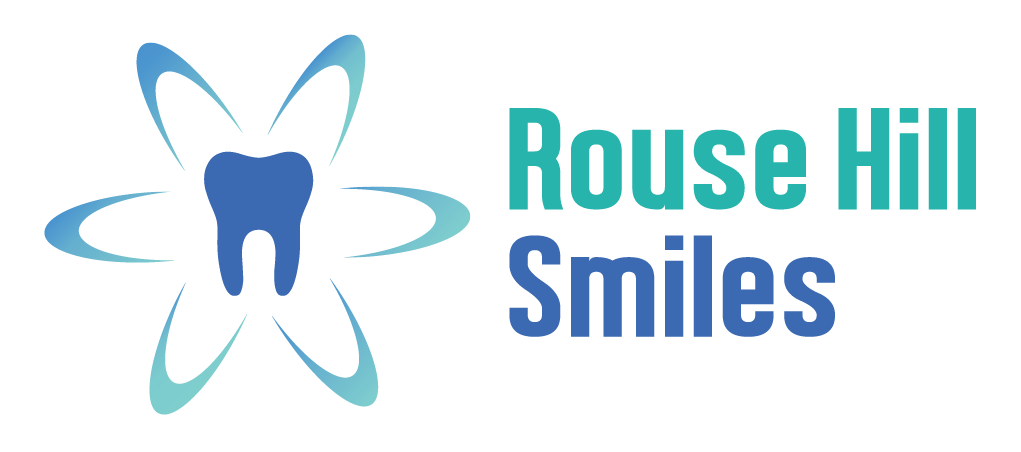Temporomandibular Joint Disorder Treatment in Rouse Hill
OUR SERVICES
- Dental Exams and Cleanings
- Fillings
- Root Canal
- Emergency Dental Care
- Implants
- Inlays and Onlays
- Teeth Whitening
- Quick Straight Teeth
- Veneers
- Wisdom Teeth Removal
- Dentures
- Sedation Dentistry
Temporomandibular Joint Disorder, commonly known as TMJ, is a condition that affects the jaw joint and the muscles responsible for jaw movement. It’s a widespread issue. If you’ve been experiencing any discomfort or pain in your jaw as mentioned below, it’s essential to seek a dental professional soon.
What is TMJ?
TMJ stands for Temporomandibular Joint, which connects your jawbone to your skull. When problems arise within this complex joint or the muscles that control it, it results in TMJ disorder.
The symptoms of TMJ disorder can be diverse and may include jaw pain, frequent headaches, clicking or popping sounds in the jaw, and difficulty with everyday activities like chewing and speaking.
Understanding TMJ disorder is crucial because it can significantly impact your quality of life and knowing the signs to lookout for can help you decide when you should see a doctor.
Reasons to get a TMJ disorder
- Stress
- Teeth grinding
- Poor posture
- Jaw misalignment
- Arthritis
- Injury
- Excessive gum chewing
- Genetics
The above-mentioned reasons are the primary factors that cause TMJ disorder in patients. Look for signs for TMJ disorder so you know when to book an appointment with Rouse Hills Clinic.
Identifying Signs and Symptoms Of TMJ disorder:
1.Jaw and Facial Pain:
Persistent jaw pain is a common symptom of TMJ disorder and often centres around the jaw joint. Also, facial tenderness is another symptom of TMJ disorder, and it’s particularly noticeable along the jawline, ears, and temples. This can contribute to facial discomfort and may intensify by jaw movements or chewing.
2.Headaches and Ear Symptoms:
Many individuals with TMJ disorder experience frequent tension headaches or migraines, often located in the temples or behind the eyes. Ear symptoms such as ear pain, ringing (tinnitus), or discomfort radiating from the jaw area are also common. These symptoms can significantly impact daily life and should be addressed promptly.
3.Jaw Function Issues:
Problems with jaw function are another indicator of TMJ disorder. Audible noises like clicking or popping sounds may occur when you move your mouth. Some individuals with TMJ disorder may also experience limited jaw movement, making it challenging to open or close their mouth fully. These issues can affect eating, speaking, and overall comfort.
4.Oral and Muscle Discomfort:
TMJ disorder can lead to oral and muscle discomfort. Chewing and biting problems are often reported, making it uncomfortable or challenging to eat certain foods. Tooth sensitivity may also develop due to changes in how the teeth come together. Moreover, muscle tension associated with TMJ disorder can extend beyond the jaw area, resulting in neck and shoulder pain. This can also lead to facial swelling.
Here's What Our Temporomandibular Joint Disorder Services Provide
Our TMJ disorder services include personalised solutions for TMJ disorder. We offer diagnostics, pain management, and tailored treatment plans to alleviate your discomfort. Our team is dedicated to improving your quality of life by addressing TMJ-related issues and restoring your comfort.
FAQs about TMJ (Temporomandibular Joint)
TMJ refers to the temporomandibular joint, which connects your jawbone to your skull. TMJ disorder, or TMD, occurs when there are issues with this joint or the muscles that control it. It can result from various factors, including jaw injury, teeth grinding (bruxism), arthritis, stress, and genetics.
TMJ disorder can manifest through various symptoms, including jaw pain, facial tenderness, headaches, clicking or popping sounds in the jaw, difficulty chewing or speaking, ear pain, and muscle tension in the neck and shoulders.
Diagnosing TMJ disorder typically involves a comprehensive evaluation by a dentist or TMJ specialist. This assessment includes a review of your medical history, a physical examination of the jaw and facial muscles, and sometimes imaging tests like X-rays or MRI scans.
Treatment for TMJ disorder depends on the severity and underlying causes of the condition. Common approaches include lifestyle changes (stress management, dietary adjustments), oral appliances or splints, physical therapy, pain management techniques, and in more severe cases, surgery or other medical interventions.
While not all cases of TMJ disorder can be prevented, certain lifestyle practices can help reduce the risk. These include stress management, avoiding excessive gum chewing, practising good posture, and wearing protective mouthguards if you grind your teeth at night. Early intervention for dental issues and regular dental check-ups can also contribute to prevention.
Do Not Ignore Your Jaw Pain
You must give us a call at (02) 8320 0548 if you observe any of the symptoms mentioned above.
Our Principal Dentist
Dr. Teena and the Rouse Hill Smiles team are dedicated to providing patients of all ages with the highest quality of care.

Dr. Teena Bali
Dentist
Quick Contacts
- Rouse Hill Plaza G07-G08, 2-4 Aberdour Avenue Rouse Hill, NSW 2155
- enquiries@rousehillsmilesdentalcare.com.au
- (02) 8320 0548







